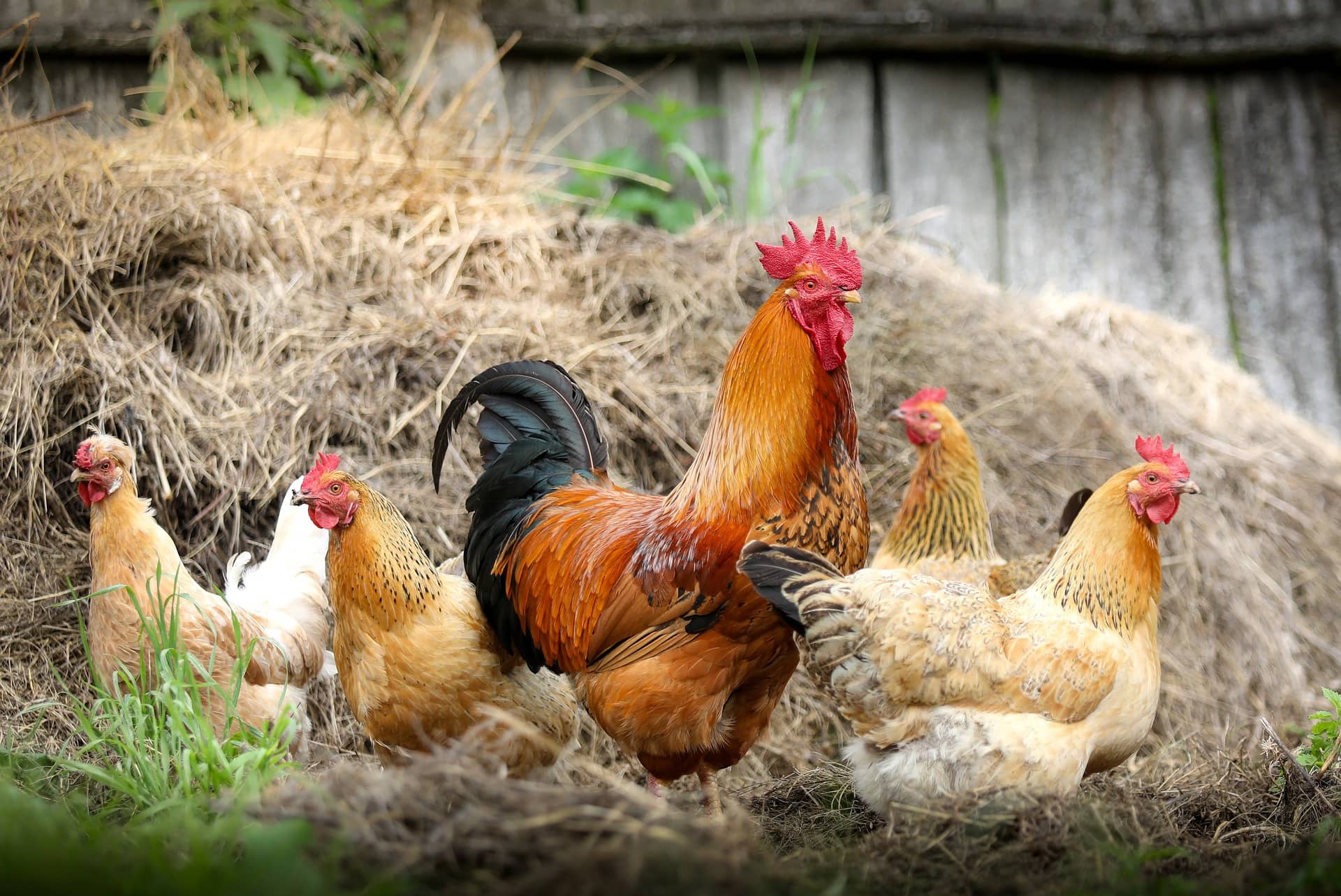An Avian Influenza Prevention Zone (AIPZ) has been declared across Britain making it a legal requirement for all bird keepers to follow strict measures.
Following an increase in cases of avian influenza (bird flu) in wild birds and on commercial premises, the Chief Veterinary Officers from England, Scotland and Wales have declared an Avian Influenza Prevention Zone (AIPZ) to mitigate the risk of the disease spreading among poultry and captive birds.
A legal requirement
It is now a legal requirement for all bird keepers to follow strict measures to help protect their flocks from the threat of avian flu.
Keepers with more than 500 birds will need to restrict access for non-essential people on their sites, workers will need to change clothing and footwear before entering bird enclosures and site vehicles will need to be cleaned and disinfected regularly to limit the risk of the disease spreading.
Must take steps to limit the risk of the disease spreading
Backyard owners with smaller numbers of poultry, including chickens, ducks and geese, must also take steps to limit the risk of the disease spreading to their animals.
The UK Health Security Agency (UKHSA) advises the risk to public health from the virus is very low and the Food Standards Agency advises that avian influenzas pose a very low food safety risk for consumers. Properly cooked poultry and poultry products, including eggs, are safe to eat.
The AIPZ means bird keepers across Britain must:
- keep free ranging birds within fenced areas, and that ponds, watercourses and permanent standing water must be fenced off (except in specific circumstances e.g., zoo birds).
- clean and disinfect footwear and keep areas where birds live clean and tidy.
- minimise movement in and out of bird enclosures.
- reduce any existing contamination by cleansing and disinfecting concrete areas, and fencing off wet or boggy areas
- keep domestic ducks and geese separate from other poultry.
- ensure the areas where birds are kept are unattractive to wild birds, for example by netting ponds, and by removing wild bird food sources.
- feed and water your birds in enclosed areas to discourage wild birds.
Avian flu advice
Keepers should familiarise themselves with our avian flu advice and report suspicion of disease to APHA on 03000 200 301.
Poultry keepers and members of the public should consult the latest guidance to check the latest threshold for reporting dead wild birds to the Defra helpline on 03459 33 55 77 and not touch or pick them up.
Where not required for testing they should be disposed of safely.
News shared by Isle of Wight council press office, in their own words. Ed
Image: © Pixabay





